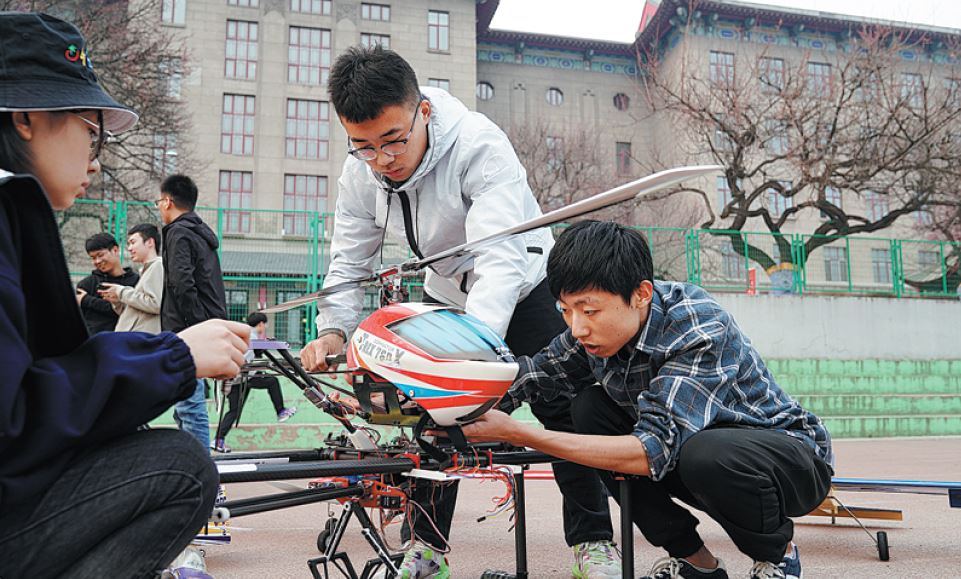Students hit out at US visa refusals


An analysis in February by the Center for Security and Emerging Technology, or CSET, at Georgetown University in Washington suggests that the presidential proclamation could cover 11 civilian Chinese universities on the US Commerce Department's export control list.
The analysis estimates that 3,000 to 5,000 Chinese students could be blocked each year, representing one-fifth of the annual new Chinese enrollments in US STEM (science, technology, engineering and mathematics) graduate programs.
Some 85 percent of Chinese students studying for philosophy doctorates, along with fewer than 50 percent of Chinese master's students at US universities are studying in STEM fields. The proportion of students studying for philosophy doctorates in US STEM programs among graduates from universities on the entity list is 95 percent, according to the analysis.
The number of applicants denied visas could be much higher, as the CSET analysis points out that, due to a lack of data, there is no projection for the number of researchers who have been affected.
The authors of the analysis also acknowledge that the scope of the presidential proclamation is unclear, as it leaves several of the key terms and concepts undefined. For instance, it does not specify the criteria that will be used to judge which entities or fields are related to "Military-Civil Fusion strategy".
In a letter sent on May 26 to Secretary of State Antony Blinken, Wendy Wolford, vice-provost for international affairs at Cornell University in Ithaca, New York, said she has heard "a troubling series of recent visa denials", particularly in China, because of "unclear, localized interpretations" of Proclamation 10043.
"Consular officials are interpreting policies in an uneven and unpredictable manner that is creating tremendous uncertainty and confusion for international students and their US universities," Wolford said.
On June 10, Ted Mitchell, president of the American Council on Education, acting on behalf of more than 40 higher education organizations, requested a briefing from the State Department for a better understanding of the implications of Proclamation 10043 for international students and scholars. No update has been reported.
Mr Xiao said Chinese students now need to clear two hurdles to study in the US. The first is the consular official who determines visa eligibility, and the second is the Customs and Border Protection (CBP) officer who determines admissibility at a port of entry, he said.
CBP has stepped up airport screenings of Chinese researchers. Mr Xiao said his wife was detained at Los Angeles International Airport for five hours and questioned about her research as well as his.
He said: "They told her my work is very important to the US and that if I wanted to enter the US, I must work for the US. My wife was so scared that she called me immediately after walking outside the airport. Her first words were, 'Don't come to the US, you'll be arrested'.
"I was shocked when I first heard that we were viewed as spies. I have never had connections with the military and do not qualify to approach the military."
Mr Xiao added that he is worried about his wife's safety in the US, as it's a "dangerous sign" that Chinese researchers are being targeted.


















